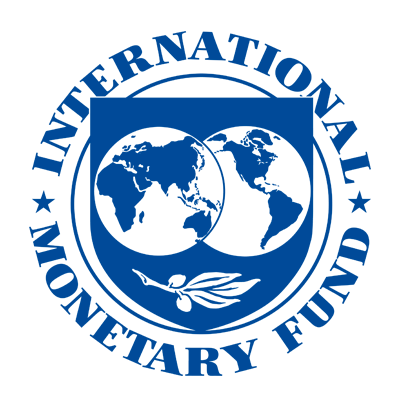Stress Testing the Global Economy to Climate Change-Related Shocks in Large and Interconnected Economies
Electronic Access:
Free Download.
Use the free Adobe Acrobat Reader to view this PDF file
Disclaimer: IMF Working Papers describe research in progress by the author(s) and are published to elicit comments and to encourage debate. The views expressed in IMF Working Papers are those of the author(s) and do not necessarily represent the views of the IMF, its Executive Board, or IMF management.
Summary:
We stress test the global economy to extreme climate change-related shocks on large and interconnected economies. Our analysis (i) identifies large and interconnected economies vulnerable to climate change-related shocks; (ii) estimates these economies’ external financing needs-at-risk due to these shocks, and (iii) quantifies the spillovers to the global economy using a global network model. We show that large and interconnected economies vulnerable to climate change could trigger a drain of $1.8 trillion in international reserves (2 percent of 2019’s global GDP). Domestic and multilateral macroeconomic policies can help reduce these global lossess to about $0.8 trillion. The scenario highlights the importance of considering global spillovers when assessing the impact of climate change-related shocks.


